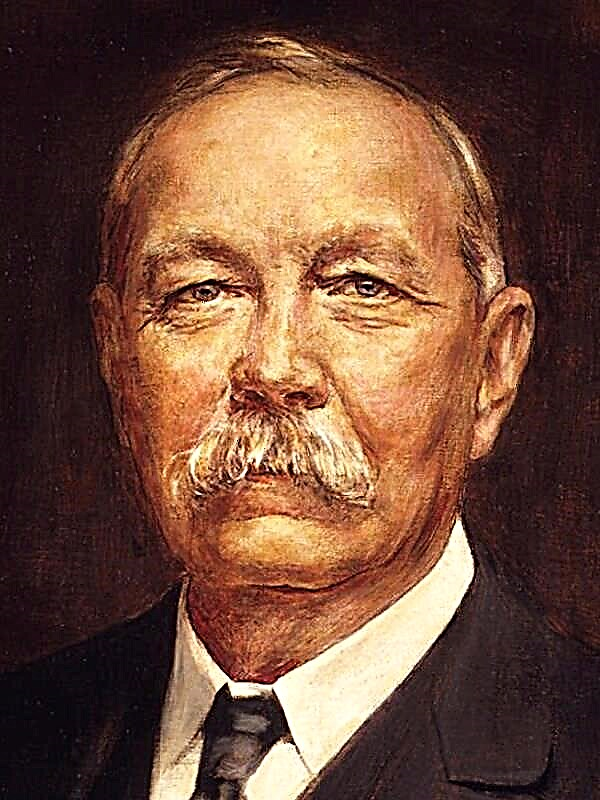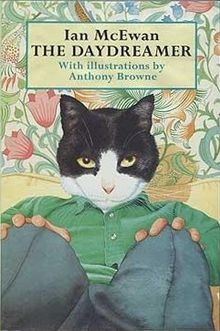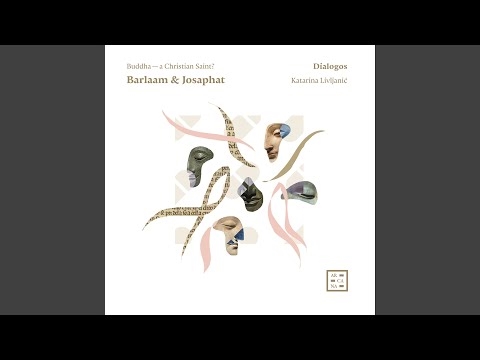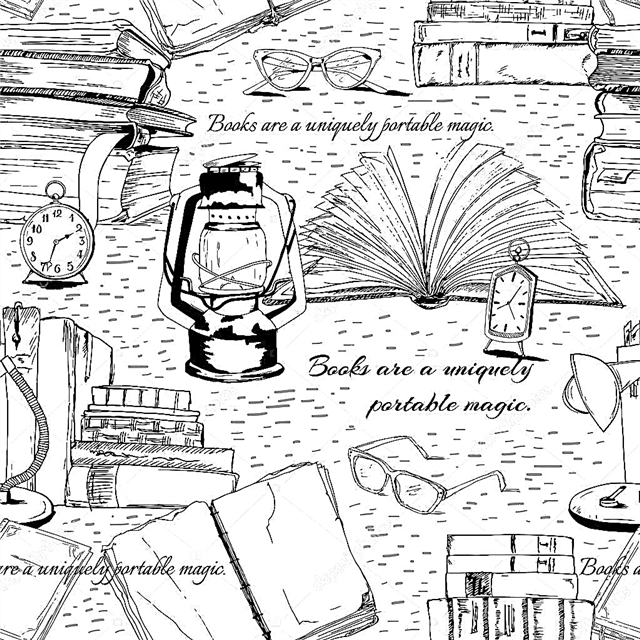“I observed the morals of my time and published these letters,” the author writes in the “Preface” to this philosophical and lyrical novel.
A small Swiss town. An educated and sensitive brother-in-law Saint-Pre, like Abelard, falls in love with his student Julia, the daughter of Baron d’Etange. And although the harsh fate of the medieval philosopher does not threaten him, he knows that the Baron will never agree to pass off his daughter as an unborn man.
Julia responds to Saint-Pres with an equally fervent love. However, brought up in strict rules, she does not imagine love without marriage, and marriage - without the consent of her parents. “Take the vain power, my friend, forgive me the honor. I’m ready to become your slave, but to live in innocence, I don’t want to gain dominion over you at the cost of my dishonor, ”Julia writes to her lover. “The more I am fascinated by you, the higher my feelings become,” he answers her. Every day, with every letter, Julia becomes more and more attached to Saint-Pre, and he "languishes and burns out", the fire flowing through his veins, "nothing can be put out or quenched." Clara, cousin of Julia, patronizes lovers. In her presence, Saint-Pres breaks a delightful kiss from Julia's lips, from which he “will never be healed”. “Oh Julia, Julia! Surely our union is impossible! Is our life flowing apart and we are destined for eternal separation? ” He exclaims.
Julia learns that her father identified her as her husband - his long-time friend, Herr de Wolmar, and in desperation calls on her lover. Saint-Prem persuades the girl to run with him, but she refuses: her escape "thrusts the dagger into the mother’s chest" and "upsets the best of the fathers." Torn apart by conflicting feelings, Julia, in a fit of passion, becomes Saint-Pre's mistress, and immediately bitterly regrets it. “Not understanding what I'm doing, I chose my own death. I forgot about everything, thought only of my love. I slipped into the abyss of shame, from where there is no return for the girl, ”she confides in Clara. Clara consoles her friend, reminding her that her sacrifice was brought to the altar of pure love.
Saint-Preet suffers - from the suffering of Julia. He is offended by the remorse of his beloved. “So I deserve only contempt if you despise yourself for connecting with me, if the joy of my life is torment for you?” He asks. Julia finally admits that only "love is the cornerstone of our whole life." “There are no bonds more chaste in the world than the bonds of true love. Only love, its divine fire can purify our natural inclinations, focusing all thoughts on our favorite subject. The flame of love ennobles and purifies love affection; decency and decency accompany her even in the bosom of voluptuous bliss, and only she knows how to combine all this with ardent desires, but without violating shame. ” Unable to fight passion any longer, Julia calls on Saint-Prés for a night date.
Meetings are repeated, Saint-Pre is happy, he revels in the love of his "unearthly angel." But in society, the impregnable beauty Julia is liked by many men, including the notable English traveler Edward Bomston; my lord constantly praises her. Once, in a men's company, Sir Boomston, heated with wine, speaks especially passionately about Julia, which causes sharp displeasure of Saint-Pre. Julia's lover challenges the Englishman to a duel.
Mr. d’Orb, who is in love with Clara, talks about what happened to the lady of her heart, and that of Julia. Julia begs her lover to abandon the fight: the Englishman is a dangerous and formidable opponent, besides, in the eyes of society, Saint-Pre has no right to act as Julia’s defender, his behavior can cast a shadow over her and reveal their secret. Julia also writes to Sir Edward: she confesses to him that Saint-Pre is her lover, and she “adores him.” If he kills Saint-Pre, he will kill two at once, because she “will not live a day” after the death of her lover.
The noble Sir Edward witnesses his apology to Saint-Pres. Beauston and Saint-Pre become friends. The Englishman with participation refers to the troubles of lovers. Having met Julia’s father in society, he tries to convince him that marriage bonds with the unknown, but talented and noble Saint-Pre does not infringe on the noble dignity of the d’Etange family. However, the baron is adamant; moreover, he forbids his daughter to see Saint-Pre. To avoid scandal, Sir Edward takes his friend on a trip, not even letting him say goodbye to Julia.
Beauston is indignant: the immaculate bonds of love are created by nature itself, and they cannot be sacrificed to public prejudice. “For the sake of universal justice, such an excess of power should be eradicated - it is the duty of every person to counteract violence and promote order. And if it were up to me to unite our lovers, contrary to the will of the absurd old man, I would, of course, complete the predestination from above, disregarding the opinion of the world, ”he writes to Clare.
Saint-Preis in despair; Julia is in dismay. She envies Clara: her feelings for Mr. d'Orb are calm and even, and her father is not going to resist the choice of her daughter.
Saint-Prez parted with Sir Edward and sent to Paris. From there, he sends Julia lengthy descriptions of the morals of the Parisian world, which by no means serve to the honor of the latter. Succumbing to the universal pursuit of pleasures, Saint-Pret cheats on Julia and writes her a penitent letter. Julia forgives her lover, but warns him: to step on the path of debauchery is easy, but it is impossible to leave her.
Suddenly, Julia's mother discovers her daughter’s correspondence with her lover. The good lady d'Etange has nothing against Saint-Pre, but, knowing that Julia’s father will never give his consent to her daughter’s marriage to a “rootless tramp”, she is tormented by remorse that she could not save her daughter, and soon dies. Julia, considering herself the culprit of the death of her mother, dutifully agrees to become Wolmar's wife. “It is time to abandon the delusions of youth and from deceptive hopes; I will never belong to you, ”she tells Saint-Pre. "O love! How can you avenge the loss of loved ones! ” - exclaims Saint-Pre in a woeful letter to Clara, who became Madame d’Orb.
Reasonable Clara asks Saint-Pre to not write to Julia anymore: she “got married and will make happy a decent person who wants to combine her destiny with her fate”. Moreover, Madame d’Orb believes that, having married, Julia saved both lovers - “from shame, and you, who deprived her of honor, from repentance”.
Julia returns to the bosom of virtue. She again sees "all the abominations of sin", the love of prudence awakens in her, she praises her father for giving her under the protection of a worthy spouse, "endowed with meek disposition and pleasantness." “Mr. de Wolmar is about fifty years old. Thanks to a calm, measured life and spiritual serenity, he retained his health and freshness - he could not give forty in appearance ... He had a noble and disposable appearance, the treatment was simple and sincere; he speaks little, and his speeches are full of deep meaning, ”Julia describes her husband. Wolmar loves his wife, but his passion is “even and restrained,” for he always does what his mind tells him.
Saint-Pret sets sail around the world, and for several years there has been no news of him. Having returned, he immediately writes to Clara, announcing his desire to see her and, of course, Julia, for “nowhere, in the whole world” he did not meet anyone “who could console a loving heart” ...
The closer Switzerland and the village of Claran, where Julia now lives, the more worried Saint-Pre. And finally - a long-awaited meeting. Julia, an exemplary wife and mother, represents Saint-Pre's two of her sons. Wolmar himself escorts the guest to the apartments allotted to him and, seeing his embarrassment, instructs: “Our friendship begins, here are her sweet hearts. Hug Julia. The more sincere your relationship becomes, the better I will be of your opinion. But, being alone with her, behave as if I were with you, or act with me as if I were not around you. That’s all I ask of you. ” Saint-Pre begins to comprehend the "sweet charm" of innocent friendships.
The longer Saint-Pre stays at the Volmar’s house, the more respect he pervades with his masters. Everything in the house breathes virtue; the family lives well-off, but without luxury, the servants are respectful and devoted to their masters, the workers are diligent thanks to a special reward system, in a word, no one “misses idleness and idleness” and “pleasant is combined with useful”. The hosts take part in rural festivities, enter into all the details of housekeeping, lead a measured lifestyle and pay great attention to healthy eating.
Klara, who lost her husband several years ago, heeding the requests of her friend, moves to Volmar - Julia long ago decided to start raising her little daughter. At the same time, Mr. de Wolmar invites Saint-Pre to become a mentor to his sons - a man should raise boys. After much anguish, Saint-Pre agrees - he feels that he will be able to justify the trust placed in him. But before embarking on his new duties, he goes to Italy with Sir Edward. Beauston fell in love with a former courtesan and is going to marry her, thereby abandoning the brilliant views of the future. Saint-Pre, filled with high moral principles, saves a friend from the fatal step, convincing the girl for the love of Sir Edward to reject his offer and go to the monastery. Duty and virtue triumph.
Wolmar approves the action of Saint-Pre, Julia is proud of her former lover and enjoys the friendship that connects them “as an unprecedented transformation of feelings.” “Let us praise ourselves for the fact that we have enough strength not to go astray,” she writes Saint-Pre.
So, all the heroes will have a quiet and cloudless happiness, passions driven away, my lord Edward receives an invitation to settle in Klaran with friends. However, the mysterious paths of fate. During the walk, the youngest son of Julia falls into the river, she rushes to his aid and pulls him out, but, having caught a cold, gets sick and soon dies. In her last hour, she writes to Saint-Pre, that her death is the blessing of heaven, for “thus she saved us from terrible disasters” - who knows how everything could have changed if she and Saint-Pre again began to live under one the roof. Julia admits that the first feeling that became the meaning of life for her only took refuge in her heart: in the name of duty, she did everything that depended on her will, but in her heart she is not free, and if it belongs to Saint-Pre, then this her torment, not sin. “I thought I was afraid for you, but, undoubtedly, I was afraid for myself. For many years I lived happily and virtuously. That's enough. And what joy do I live now? May heaven take my life from me, I have nothing to regret about it, and even my honor will be saved. ” “At the cost of my life, I buy the right to love you with eternal love, in which there is no sin, and the right to say for the last time:“ I love you. ”

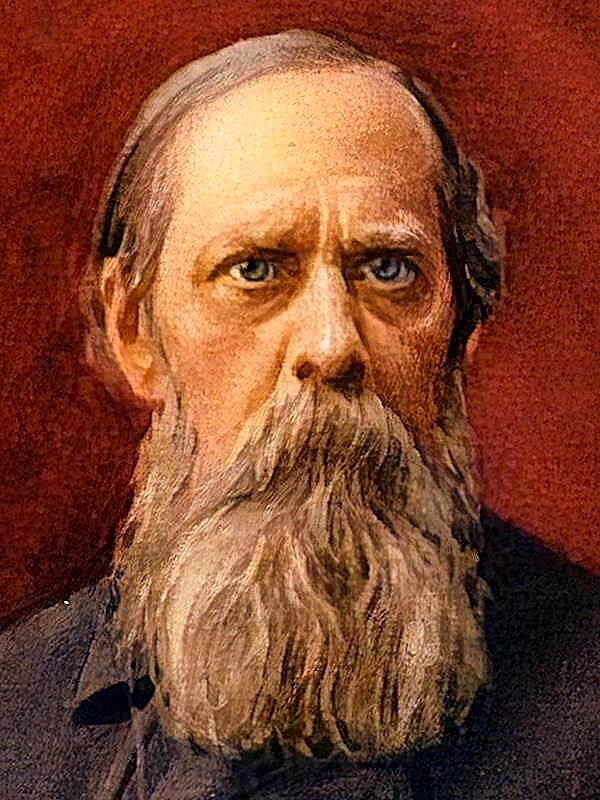
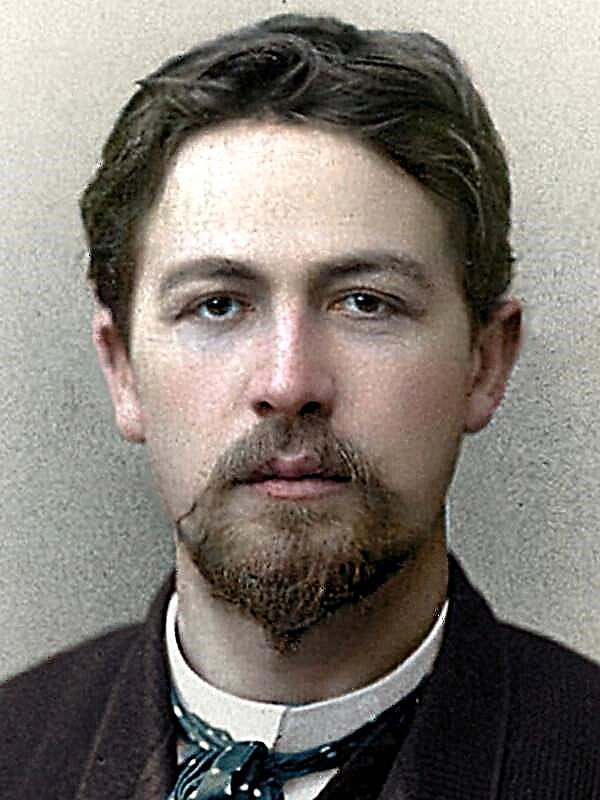
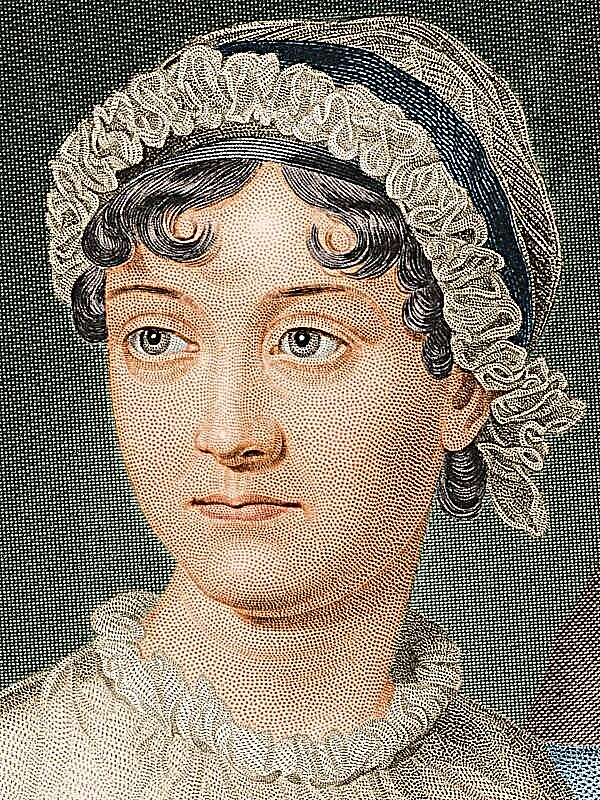


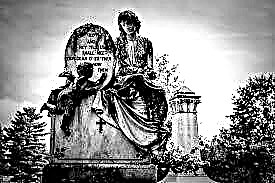
 Buddenbrooks
Buddenbrooks